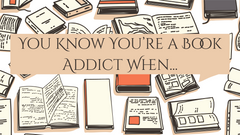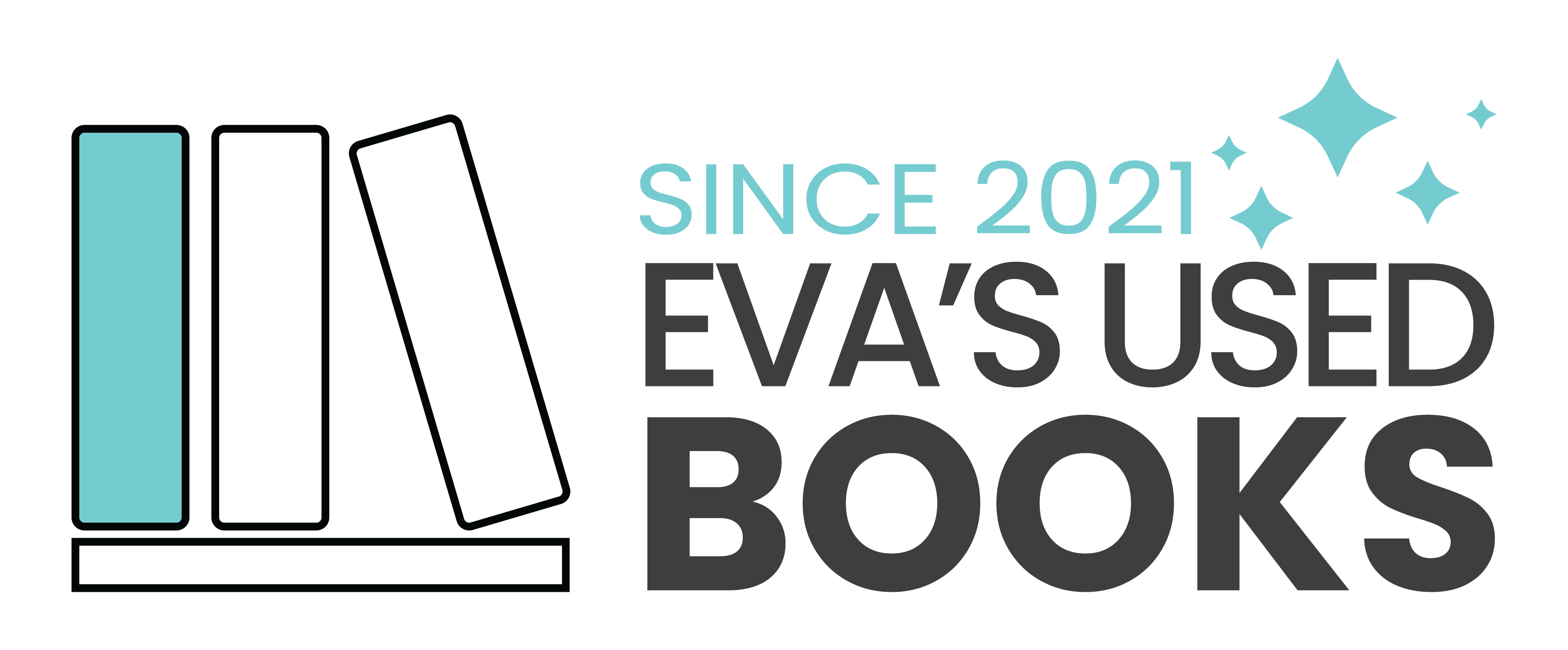Search
Custom Menu
Archive
- January 2026
- April 2025
- January 2025
- December 2024
Recent Post
How to Start a Book Clu... Jan 11, 2026
Remembering Sophie Kins... Dec 11, 2025
You Know Your a Book Ad... Jul 22, 2025
Tags
Keep History Alive- the Most Important History Books to Read Now
Posted By: Chava Burnham | Posted On:

During school, having to learn history always seemed like a bore. Rote memorization of years and people wasn’t the most fun way to learn about the history of our planet. And it’s possible that this kind of teaching turned many people off from a very interesting subject. After all, history is what brought us to where we are today, no matter who we are or where we live. There is also the idea that if we do not learn from our history, then we will be doomed to repeat it.
Thanks to the brilliant writing of many historians and essayists, much of history is brought into focus through books, documentaries, and podcasts. We can learn history in much more interesting ways, rather than reading a dry textbook. So join us, your favorite used book store in Israel, as we discuss some of the best books to learn about history.
Hidden Figures - Margot Lee Shetterly

Cast in the shadows of the civil rights movement and their white counterparts, there were African-American women who worked tirelessly to calculate the equations that would help astronauts breach our atmosphere and travel through space. The book Hidden Figures by Margot Lee Shetterly follows the struggles of three women who worked at NASA, Katherine Johnson, Dorothy Vaughan, and Mary Jackson. All three were mathematicians who worked as “computers.” They faced much discrimination due to the color of their skin, though their brains were what truly mattered as America participated in the space race from the 1930s to the 1960s. These women broke down barriers that kept them from being “in the room.”
Everyone should strive to understand history from a different point of view. It helps build empathy and understanding for those whose struggles are different from our own, particularly when those who were discriminated against are so crucial to the accomplishments that we have today.
Salt - Mark Kurlanksy
It’s very easy to take salt for granted. It sits in our salt shakers, waiting to be tossed into our food to enhance the flavor. But salt has a rather interesting history throughout civilization that people may not realize. That’s why Mark Kurlansky brought us his book, Salt: A World History.
Salt is the only rock that we ingest, and something about it brings us joy when cooking. It adorns our popcorn. Salt plays an important role in our body’s biology. It’s also made up of two very hazardous chemicals when dealt with separately. Salt was extracted from seawater in ancient China and helped preserve meat, and also preserved mummies in Egypt. A useful little rock, salt has shaped our world since the very beginning.
Why is salt so important? Salt was part of the reason the American revolution began, and it has been a subject of destruction because of brine extraction. Any one (or a few) individuals trying to control such an in-demand substance is bound to have problems. Excessive mining practices continue to be a problem today, showing that we haven’t learned about mining’s ability to cause houses, and even whole towns, to sink. Though we love it, mining salt is hard on the environment, which of course, is a huge topic these days. Do I, or does Mark Kurlansky, know how to solve the problem of supply and demand? No, but we can at least understand the implications of certain practices on the only planet we have to live on.
What the Dog Saw - Malcolm Gladwell
Malcolm Gladwell is a fascinating person. He’s a great writer and podcaster, and he’s very knowledgeable on a variety of topics. A collection of essays titled What the Dog Saw by Malcolm Gladwell is a fascinating way to learn history in bite-sized pieces. I can’t list every essay here because you should go read the book instead, but I can give you a taste of the insight Malcolm Gladwell brings through this collection.
For instance, have you ever considered why there is a variety of mustards but only one kind of ketchup? In the essay titled The Ketchup Conundrum, Gladwell dives into this question, wondering why ketchup has stayed the same over the years. This essay goes into detail about who and how mustard was created, leading to the creation of ketchup. You’ll learn about ‘umami,’ which is the taste you’ll find in chicken soup, cured meat, fish stock, or even soy sauce. It “adds body” to a dish. You might be surprised to know that ketchup is a source of umami, which might explain why some people like ketchup but hate tomatoes.
The namesake essay, What the Dog Saw, talks about Cesar Millan and his intense knowledge of dogs. Millan hosts the show “Dog Whisperer” and helps misbehaving dogs and misbehaving people learn to understand each other. Gladwell goes in depth with Cesar Millan to understand his genius in training dogs and humans to act better for each other.
From essay to essay, this book helps us understand forgotten and strange history that we wouldn’t have learned about in school. Plus, the topics are interesting and help us see things in a new way. You can read the book front to back or pick and choose which essays to read, though I highly recommend reading the whole thing.
The Ascent of Money - Niall Ferguson
Who doesn’t love money? From ancient Mesopotamia to today, money and finance have been one of the foundations of human progress. As Naill Ferguson explains in his book, The Ascent of Money, the financial history of the world is an essential backstory for all of history. Money changing hands, hoarded, stolen, and exchanged colors just about all of history. But there’s more to this book than just history. He explains some points about money that some may not know, such as what a bond is, what banks really do, and the ever-interesting question, what IS money?
They say money is the root of all evil, and maybe that’s true, but it's an essential part of our lives. Understanding it more can help us weave through a world guided by money and perhaps help us make better decisions in regard to our own finances. That being said, go buy this book and a bunch more! Just kidding.
History is essential learning, and whether you choose to learn it through books, podcasts, documentaries, presentations, or talks, it’s vital that we understand more of where we came from to light the way to where we’re going.
By Nicole Madigan









10 comments